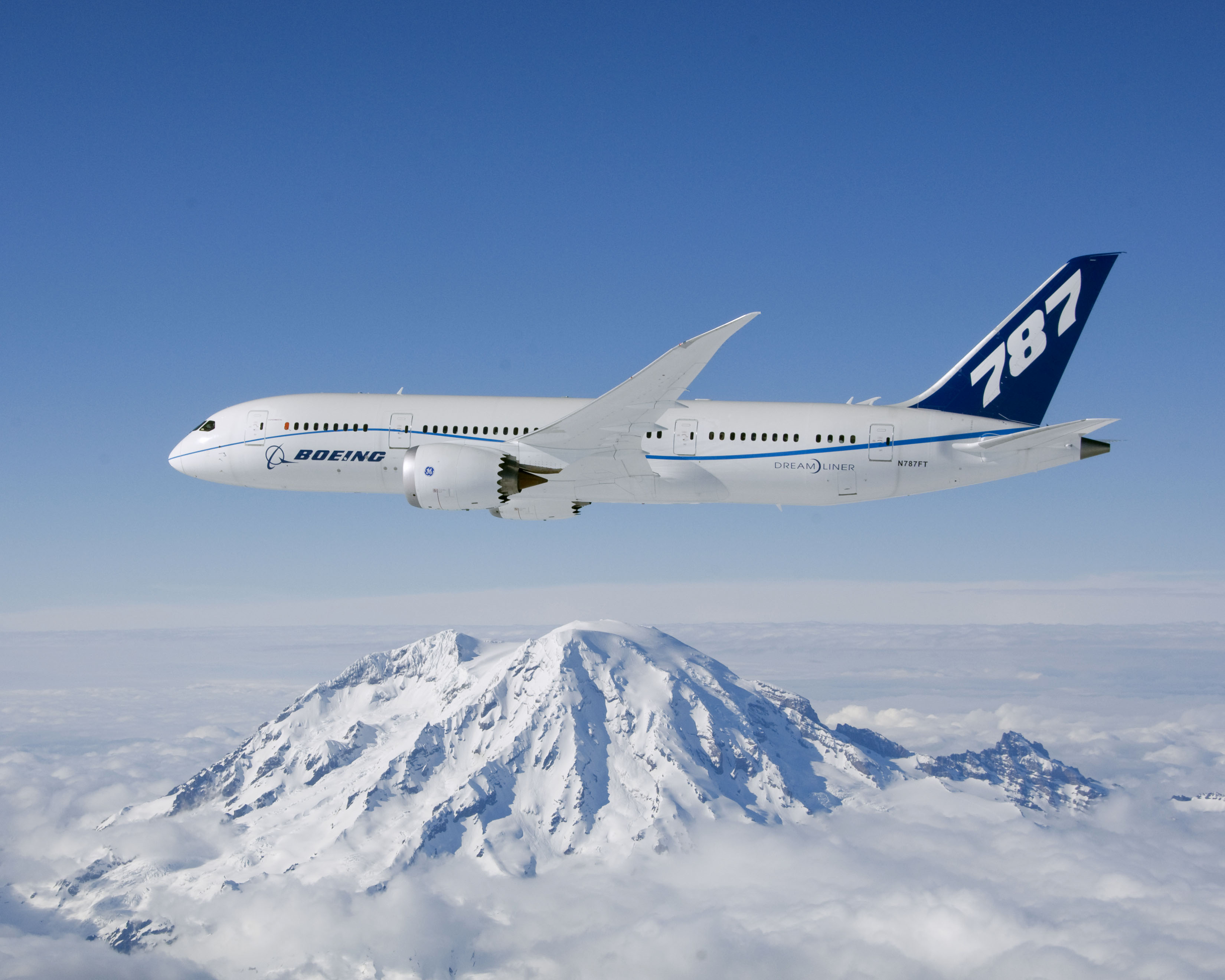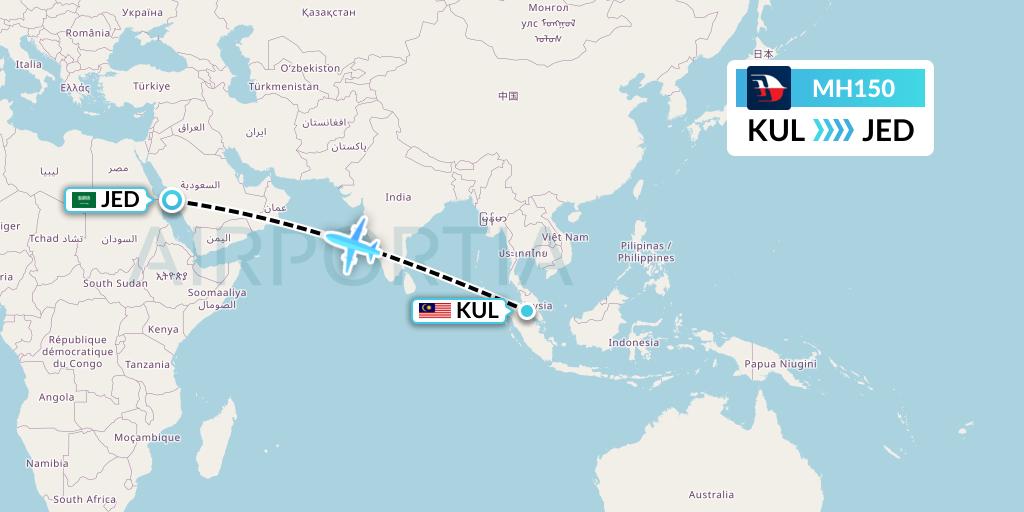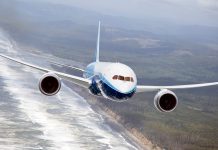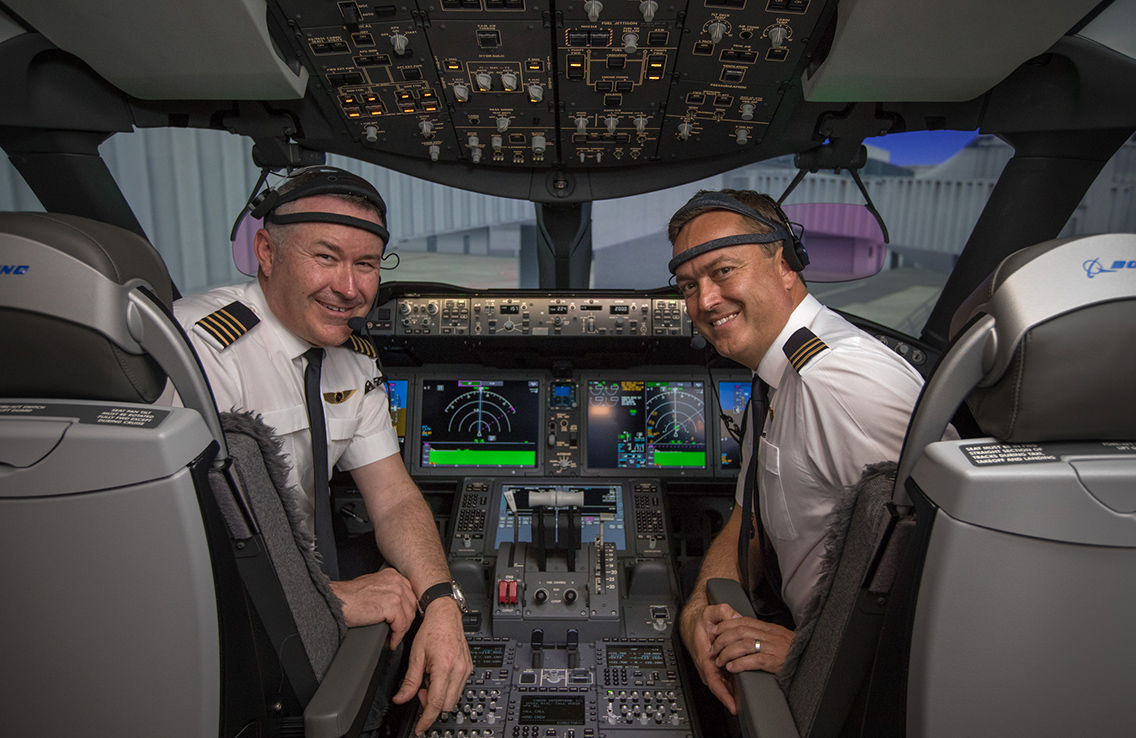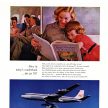Qantas is working with sleep researchers from the Cooperative Research Centre for Alertness, Safety and Productivity (Alertness CRC) to carry out research on pilots and cabin crew on its 787 record-breaking ultra-long-haul trial flights to start his weekend.
The first of three flights will operate non-stop from New York to Sydney. The second flight will fly nonstop between London and Sydney and the third will be another New York flight.
Qantas Group CEO Alan Joyce said the airline is excited to be taking existing research strategies to the next level by conducting interactive onboard research using rigorous scientific protocols.
“Every time a new aircraft has allowed us to fly for longer, people naturally ask about the comfort factor. The fact that the longest flight on our network today, Perth to London, also has our highest customer satisfaction rating shows that you can design an ultra-long service that passengers enjoy. Plus it has the added benefit of getting you to your destination several hours faster, door to door.
“Project Sunrise is pushing the boundaries even further. We know we need to think harder about the crew and passenger wellbeing when you’re airborne for almost 20 hours, and that’s why this research is so important.
READ: Passengers sick of queuing demand more control
“A lot of what we’ll be doing is world-first. We’ll be fitting pilots with equipment to monitor their brain patterns when they’re on the flight deck and when they’re resting.
“The passenger research will test alternatives to how airlines have managed inflight service for decades. Usually, with night flights, passengers are provided with dinner shortly after take-off and then lights are turned off. But this may not necessarily be the best way to help reset a passenger’s body clock to the destination time zone,” added Mr Joyce.
“Innovation is part of Qantas’ DNA and these flights are no exception. Regardless of whether Qantas is able to forge ahead with Project Sunrise flights, this data will benefit passengers and crew travelling on existing Qantas long haul flights and we are excited to see what medical science can do to help shape how people fly in the future.”

The primary aim of the research is to examine the sleep cycles and alertness of pilots and cabin crew during extended flight duty to establish optimum crew work and rest patterns.
Four pilots and six cabin crew will be involved in the data collection, wearing activity monitors and completing sleep diaries and rest and alertness logs.
Pilots will wear EEG (electroencephalogram) brain monitoring equipment for the duration of the flight to track brain activity and monitor alertness during their “on” times and sleep during their “rest” periods.
Pilots will also provide researchers with urine samples from before, during and after the flight which will track melatonin levels to establish individual body clock timing.
Cameras will be mounted in the cockpit for the flight duration to record alertness cues and operational activities.
The pilots have spent time in the 787 flight simulator to ensure the EGG brain monitoring equipment doesn’t interfere with aircraft systems and standard operations.
However, the Qantas pilots association about the limitation of using information from just three flights to assess the impact of ultra-long-range flying.
READ: Qantas flight set make history
The passenger research – in partnership with the University of Sydney’s Charles Perkins Centre aims to identify strategies to reduce jetlag and promote inflight health.
Passengers will be fitted with wearable device technology to track movement and light exposure.
Customers will experience a difference in food and beverage menus and service timings to encourage body clocks to adjust to the destination time zone.
Specific times will be allocated for out of seat movement and activities.
Passengers will keep a daily log for a week prior to the flight, during the flight and for two weeks after the flight and will note how they feel throughout the study.


